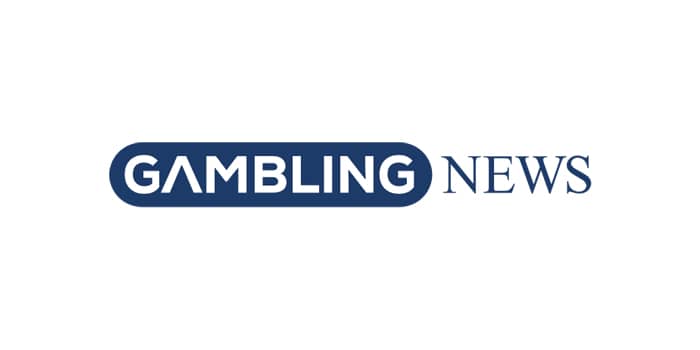The Mohawk Council of Kahnawake (MCK) sees implications in the new sports betting bill which threatens its gaming operations and the benefits for the Kanien’kehá:ka (Mohawk) community of Kahnawake.
Kahnawake Sees Bill C-218 as a Threat to Its Community
The Mohawk Council of Kahnawake (MCK) and some senators in Canada see Bill C-218 as a threat to the Indigenous community on the south shore of Montreal and a potential challenge to the integrity of sports in the country.
With this bill, the government aims to legalize sports wagering in the country. The Canadian sports betting industry could attract major sportsbook operators that already see real potential in the North American market.
The bill, introduced by Saskatoon Conservative MP Kevin Waugh, now awaits voting in the Senate. It aims to change the Criminal Code of Canada and to: “make it lawful for the government of a province, or a person or entity licensed by the Lieutenant Governor in Council of that province, to conduct or manage a lottery scheme in the province that involves betting on a race – other than a horse race – or fight, or on a single-sport event or athletic contest.”
Now, in Canada, only the provinces and territories are allowed to administer lotteries and gaming. Any single-match or in-game betting is prohibited. Residents can bet on the outcome of the game but not bet on a single in-game action of a player in the game.
MCK Wants to Add the Term “Indigenous Governing Body”
Since 1996, Kahnawake has operated in the Canadian gaming industry. The tribe developed its Mohawk Online platform, which includes a poker game, casino, and sports wagering site. It has been o 7BALL CC perational for the past six years.
MCK Chief Michael Delisle Jr. said that the website generated tens of millions of dollars for the community over the years. It funded local businesses and educational programs. It has provided relief cheques during the pandemic to people who struggled financially during these turbulent times.
He said that without recognition of the tribal operations from Canada, the industry could shut down, which would threaten the community’s economy. Although the tribe operates outside of the Canadian Criminal Code, Quebec doesn’t acknowledge its rights.
If any other indigenous community wants to develop its gaming industry, it would have to operate outside of the legal system in the country. The MCK calls for a change in Bill C-218, adding the term “Indigenous governing body” in the criminal code section. This change would allow the MCK and other communities to administer their gaming industry without needing approval from the province. Without the amendment, the MCK and other Indigenous communities will have to shut down their operations unless they sign a deal with the province or territory.
New Bill Is Only One Line Allowing Single Event Wagering
Recently, MCK Chief Gina Deer tried to have the Criminal Code bill, also known as “The Safe and Regulated Sports Betting Act,” amended but so far to no avail. She said that the senators keep saying that the tribe needs to sign a deal with the province of Quebec. However, the MCK runs its operations on the online market, not just in Quebec.
Waugh’s legislative assistant Michael Giesbrecht responded and said that this concerns the provincial governments’ jurisdiction. He said that the new amendment is only one line that removes the criminal restriction on betting on a single event. It is up to the provincial governments to provide licenses to operators and regulate the industry if the government approves Bill C-218.
Ontario Senator Vernon White, who worked in policing for 32 years, said that the First Nations run the industry operations better than any province and territory. He said that the provincial governments would not manage the betting sites, but they would collect tax revenues. He will present an amendment this week, hoping to have it included in the bill before it goes to the House of Commons.

